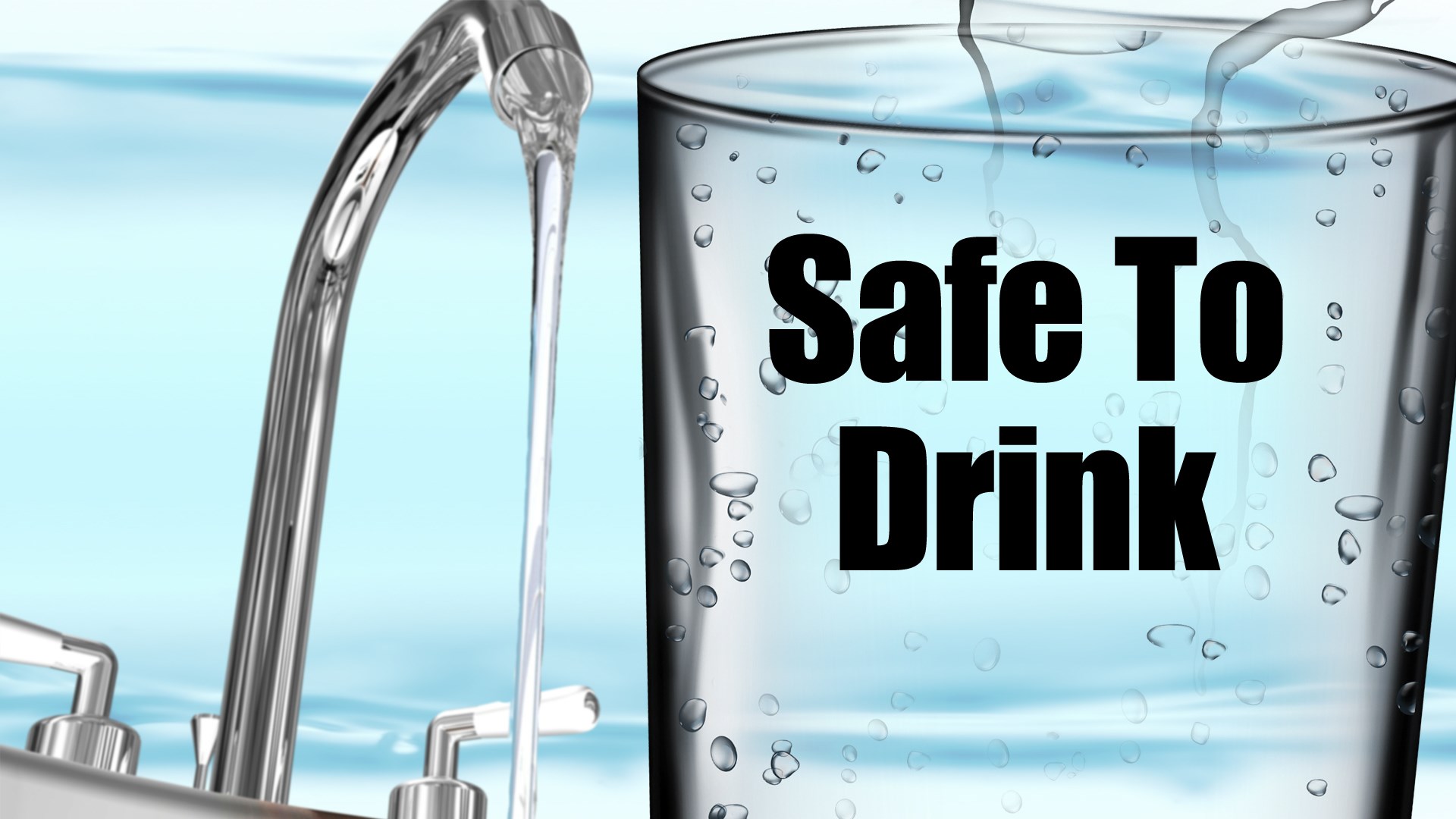
Introduction
Tap water is a readily available and convenient source of drinking water for many people. However, concerns about the safety of tap water have led some individuals to boil their water before drinking it. Boiling water is believed to kill harmful bacteria and viruses that may be present in tap water. But is it safe to drink tap water after boiling? This article will explore the safety of drinking tap water that has been boiled.
The Boiling Process

Boiling water is one of the most effective ways to kill harmful pathogens that may be present in tap water. When water is boiled, it reaches a temperature of 100°C (212°F), which is high enough to kill most bacteria and viruses. This process is particularly effective against waterborne diseases such as cholera, typhoid, and dysentery.
Boiling Water and Chemical Contaminants

While boiling water can kill harmful bacteria and viruses, it does not remove chemical contaminants that may be present in tap water. Some chemicals, such as lead and fluoride, can actually become more concentrated in the water as it boils. Therefore, if your tap water contains high levels of chemical contaminants, boiling it may not be enough to make it safe for drinking.
Boiling Water and Minerals
Boiling water can also affect the mineral content of tap water. Some minerals, such as calcium and magnesium, can become more concentrated in the water as it boils. This can lead to a buildup of mineral deposits in your kettle or other containers that you use to boil water. While these minerals are not harmful to your health, they can affect the taste of the water and may be undesirable for some individuals.
Boiling Water and Microplastics

Microplastics are tiny plastic particles that can be found in tap water. While boiling water can kill harmful bacteria and viruses, it does not remove microplastics from tap water. In fact, boiling water may actually increase the concentration of microplastics in the water. Therefore, if your tap water contains high levels of microplastics, boiling it may not be enough to make it safe for drinking.
Boiling Water and Cryptosporidium
/Getty_ing-form-187180432-585e3a4e3df78ce2c3e7651f.jpg)
Cryptosporidium is a parasite that can cause gastrointestinal illness if ingested. While boiling water can kill most bacteria and viruses, it may not be effective against Cryptosporidium. In fact, this parasite is highly resistant to boiling and can survive temperatures of up to 60°C (140°F). Therefore, if your tap water is contaminated with Cryptosporidium, boiling it may not be enough to make it safe for drinking.
Alternatives to Boiling Tap Water

If you are concerned about the safety of your tap water, there are several alternatives to boiling it. One option is to use a water filtration system, which can remove harmful bacteria, viruses, chemical contaminants, and microplastics from tap water. Another option is to purchase bottled water, which is typically tested and regulated to ensure its safety for drinking. However, it is important to note that bottled water can be expensive and may not be an environmentally sustainable option.
Conclusion
In conclusion, boiling water can be an effective way to kill harmful bacteria and viruses that may be present in tap water. However, it is not a solution for all water contaminants, such as chemical pollutants or microplastics. If you are concerned about the safety of your tap water, there are several alternatives to boiling it, including using a water filtration system or purchasing bottled water. Always remember to prioritize your health and safety when it comes to drinking water.